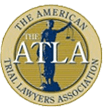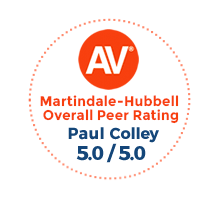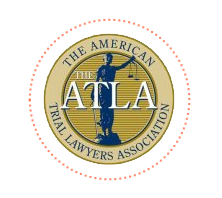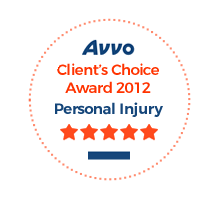FDA Sets Higher Food Standards
Americans are no stranger to food borne illness outbreaks. Case after case of product defects and wrongful death are blasted across the news, what seems like every week. Remember the five month deprivation of the beloved Blue Bell Ice Cream after it was found to be laced with listeria? Just last week, the owner of Peanut Corporation of America was sent to prison for life because of a deadly salmonella outbreak in 2008. Nine victims died and over 700 fell ill.
In light of these fatal outbreaks, the FDA recently approved two new requirements to prevent food companies from contaminating their products and still allowing distribution. These standards not only ensure food safety, but also remind food companies that product liability falls directly on those who distributed bad food.
The Food Safety Modernization Act is an ongoing initiative to increase the quality of both human and animal food. The overall idea is to shift the industry from responding to contamination to preventing contamination. The section that passed in early September 2015, considers Preventative Controls for Human Food and Preventative Controls for Animal Food. Although listed separately, the bottom line is the same for both: find the risks and prevent them! Below are the four main highlights, repeated for both animal and human food.
Current Good Manufacturing Processes
Establish a system with Hazard Analysis and Risk-Based Preventative Controls
The first step of this process is to identify possible hazards, either from natural growth and contamination or from chemically induced provisions to food. Once the hazards are identified, new steps must be made to prevent the contamination. A proper monitor should be present to correct and verify prevention and implement the changes. Finally, a proper recall plan must be in place in case of emergency.
Expand and specify the definition of farm
The definition is expanded to those farms that solely harvest, package and/or store raw food supplies in an area different from the original farm where the food was produced. Also, “feed mills” for animals are now added to the farm definition. Those who fall into the definition of a “farm” are not bound by the preventative controls rule.
Create a more flexible Supply-Chain Process
If the food entering a manufacturing/processing plant has already gone through an extensive risk-based preventative control system, it doesn't need to be analyzed again unless new problems arise. Also, separate compliance dates have been established for the supply-chain program provisions so that a food facility will not be required to comply with provisions before its supplier is required to comply with the preventive controls for human food or produce safety.
Require Binding Education Training and Provisions
Management is required to ensure that all employees who manufacture, process, pack or hold food are qualified to perform their assigned duties.
These preventative rules have been put into place to save the 1 in 6 Americans who contract a food borne illness each year. Food facilities are encouraged to reanalyze and update their processes every three years or sooner, if necessary. While the food industry for animals and humans are becoming strict on health and livelihood, there is still much to be done before American citizens are able to freely choose whatever food they like without fearing possible food borne illness outbreak. If you or someone you know has been injured due to a food borne illness, you may be entitled to product liability compensation. If you know someone who was fatally injured by a preventable food borne illness, you may be eligible for wrongful death compensation. Contact Colley & Colley law firm in Tyler, TX, for a free consultation.















